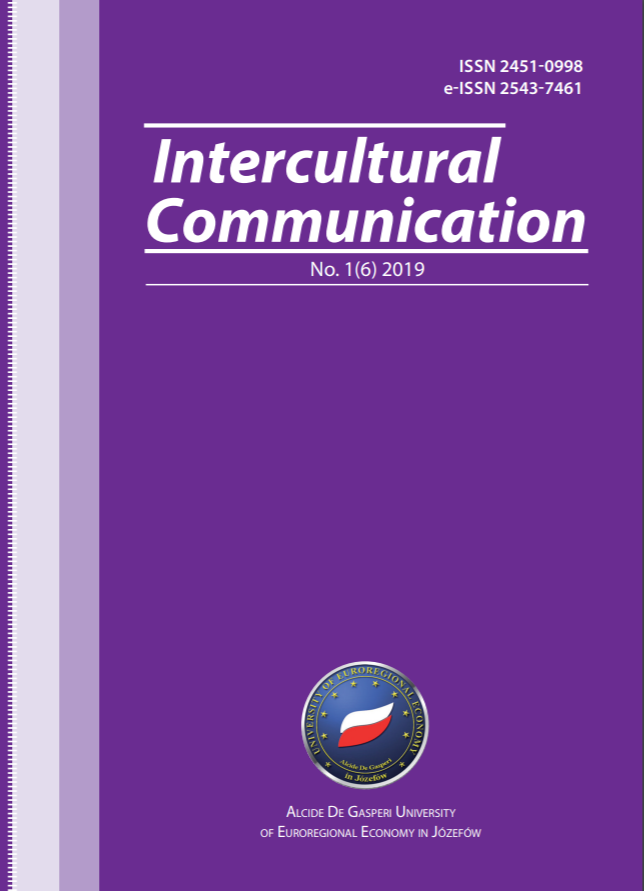Особливості реалізації формувального й сумативного оцінювання навчальних досягнень учнів (під час вивчення української та зарубіжної літератури)
Peculiarities of Realization of Student Achievements Evaluation through Molding and Sumacious Assessment (while Learning Ukrainian and Foreign Literature)
Author(s): Violetta UlishchenkoSubject(s): Education
Published by: Wydawnictwo Akademii Nauk Stosowanych WSGE im. A. De Gasperi w Józefowie
Keywords: еvaluation; types of evaluation; molding evaluation; summative evaluation; self-evaluation; mutual evaluation; intragroup and intergroup evaluation
Summary/Abstract: The article analyzes modern types of students educational achievements assessment based on secondary schools (summation and molding), defines the functions, specifics, psychological peculiarities of the influence of the above evaluation types on self-esteem and schoolchildren personal self-development. Examples of the use of summative assessment (in different formats of test tasks) have been given, the justification of the expediency of using self-assessment and mutual evaluation, intra-group and inter-group assessment evaluation (within the framework of formative evaluation) during the study of Ukrainian and foreign literature has been presented.Purpose. Based on the practical experience of work, the purpose is to analyze application features of summative and molding types of secondary school students achievements assessment, to outline the psychological factors of their influence on the peculiarities of individual self-development, and show the importance of the collective goal determination at the beginning of classes.Methods. Theoretical (analysis, synthesis, interpretation of literature from the topic of study), studying school documentation, empirical (attending lessons of Ukrainian literature in order to observe the educational process and, in particular, on the course and results of assessing academic achievements of students).Conclusions. Summative (efficient) and formative (auxiliary and motivating) evaluations are important in the formation of competences in students of general educational institutions. Failure to properly evaluate their successes overlaps the understanding of mistakes made by other schoolchildren. The way from self-assessment through mutual assessment to inter-group assessment – is a difficult path of personal growth which is accompanied by the development of critical thinking and formation of such important skills as analysis, synthesis, argumentation, interpretation and values acquisition – attentiveness, tolerance, lenience.
Journal: Intercultural Communication
- Issue Year: 1/2019
- Issue No: 6
- Page Range: 103-116
- Page Count: 14
- Language: Ukrainian

